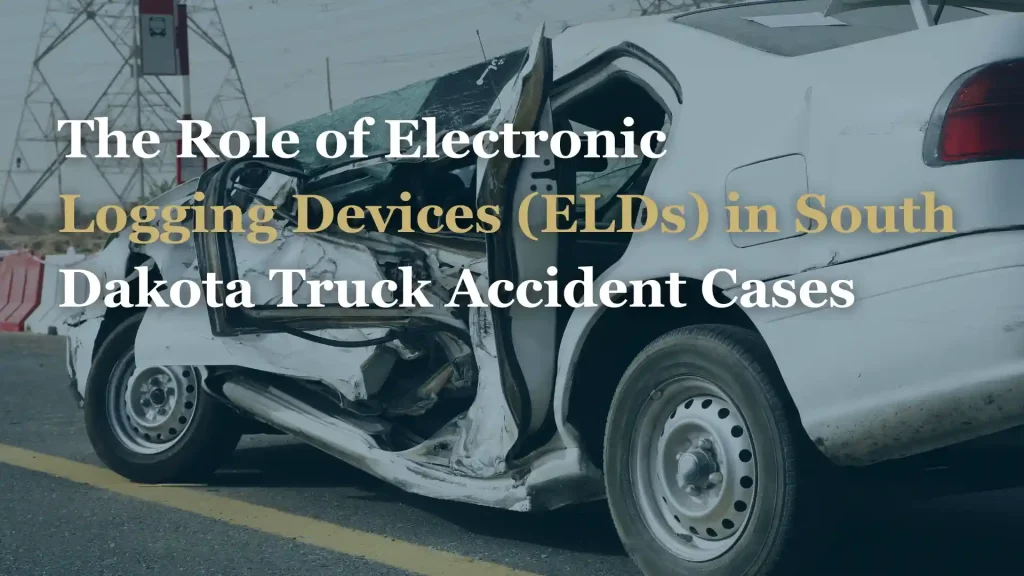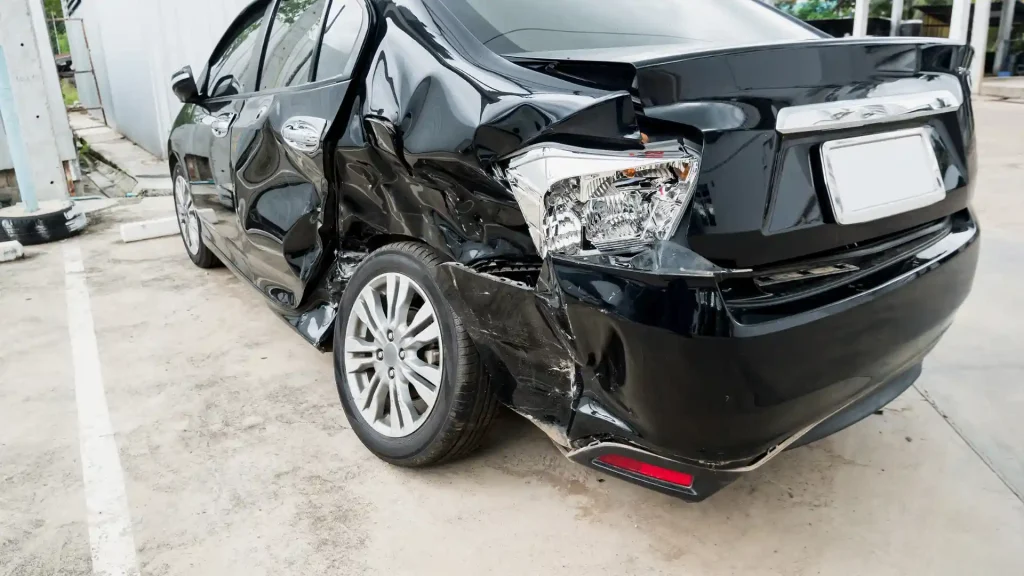 A Watertown trucking accident can cause catastrophic and life-changing injuries as victims struggle to cope with their injuries and the financial fallout of the accident. Trucking companies and insurers are swiftly moving to protect themselves from liability. Collecting and preserving Electronic Logging Device Evidence Truck Accidents data can be critical to building a strong case.
A Watertown trucking accident can cause catastrophic and life-changing injuries as victims struggle to cope with their injuries and the financial fallout of the accident. Trucking companies and insurers are swiftly moving to protect themselves from liability. Collecting and preserving Electronic Logging Device Evidence Truck Accidents data can be critical to building a strong case.
Understanding electronic logging devices’ role in supporting your Watertown truck accident case is vital. So is learning how you can access this information. You’ll need this knowledge to get the best chance at recovering maximum compensation for your injuries.
What Is an Electronic Logging Device (ELD)?
Before electronic data and record-keeping were commonplace, truck drivers manually logged their service hours in commercial trucking log books. Log books kept track of a driver’s service hours, recording the number of hours behind the wheel and other driving details to ensure compliance with federal regulations. The Role of Electronic Logging Devices in Truck Accidents is crucial today, as they offer more accurate, tamper-resistant records that can impact legal claims and investigations.
Technology has helped streamline the logging process, ensuring more accurate and detailed records of a driver’s time at the wheel. ELDs connect to a commercial truck’s engine control module and quickly and accurately track and manage driver duty status records. An ELD can record driving time, distance, and engine hours. These devices can also allow for easier access and sharing of records. No one can easily alter them as they could traditional hand-written log books, helping to prevent driver logbook fraud.
The Federal Motor Carrier Safety Administration requires nearly all commercial vehicles operating in the United States to be equipped with electronic logging devices. Only short-haul drivers, rental and lease trucks, and some agricultural industry vehicles are exempt from the FMCSA ELD rules. The federal agency mandate aims to create a safer working environment for truck drivers and safer roads. Their regulations ensure drivers do not exceed federal service hours and operate vehicles within government guidelines.
According to FMCSA data, mandatory ELDs on commercial vehicles could result in 1,844 avoided crashes, 526 fewer injuries, and 26 lives saved per year. This highlights the importance of Electronic Logging Device Evidence in Truck Accidents in improving safety and supporting legal claims.
Why ELD Evidence Matters in Truck Accident Cases
Statistics show that as many as 13 percent of crashes may be attributed to truck driver fatigue. Driver fatigue or drowsy driving is similar in many ways to drunk driving and just as dangerous. Fatigue behind the wheel can lead to slowed coordination, poor judgment, and changes in vision and cognition. Some indications show being awake for 24 hours is the rough equivalent of a blood alcohol concentration of .1 percent. Even mild sleep impairment can double the risk of a driver getting involved in a crash.
Driver fatigue is common among commercial truck drivers because these individuals often operate under tight deadlines. They may feel pressure to push themselves past their limits, taxing their physical and mental abilities, eventually impairing performance. Data from electronic logging devices can be significant in a Watertown truck accident case because these electronic data recording devices track a driver’s movements and hours of service. The FMCSA regulates the number of hours commercial truck drivers can operate their vehicles, limiting driving hours and regulating breaks and sleeping berths to help prevent driver fatigue and accidents.
Evaluating ELD evidence matters because it can help point to liability, showing that the actions of a careless driver may have been responsible for the crash. That is significant in South Dakota because the state follows an at-fault insurance system for car and truck accidents, allowing you to pursue compensation from the truck driver and their insurance company.
How ELD Evidence Supports a Personal Injury Claim
 When an ELD shows that a driver operated their vehicle beyond the government hours outlined by federal hours of service regulations, it can help support your accident case, showing a clear federal violation and helping to prove liability. It may support a claim that the driver was fatigued or drowsy during the crash, further establishing liability for the collision.
When an ELD shows that a driver operated their vehicle beyond the government hours outlined by federal hours of service regulations, it can help support your accident case, showing a clear federal violation and helping to prove liability. It may support a claim that the driver was fatigued or drowsy during the crash, further establishing liability for the collision.
ELD evidence also supports a personal injury case by eliminating the guesswork about whether driver negligence caused the collision and the accident victim’s injuries. Combined with other evidence, such as witness statements, black box truck data, and photos and videos, it paints a complete picture of how the accident occurred and which parties may be partially or wholly liable for compensating you for your significant injuries.
ELD Record Challenges
The only problem with ELD evidence is that electronic records are trucking company property. Gathering and preserving this essential data before it can be lost or destroyed may be challenging for accident victims without legal representation because trucking companies are hesitant to turn over any information that may prove they are liable for the crash. It often takes aggressive legal intervention and an ELD data subpoena by a skilled attorney to obtain and decipher ELD data for use in a truck accident claim or personal injury lawsuit.
ELD data may also be challenging to collect without an attorney because trucking companies fear the civil repercussions of liability. From a severe trucking accident to government penalties if hours of service or other federal violations are found. HOS violations by commercial drivers can trigger fines, commercial driver’s license suspension, and other penalties.
An experienced Watertown truck accident lawyer understands that time is critical. We can move quickly to preserve valuable evidence that supports your personal injury case. We’ll use this evidence to investigate trucking violations we discovered from ELD records.
A Watertown Truck Accident Lawyer Can Protect You
When a commercial truck driver causes a catastrophic accident, you shouldn’t be financially devastated by their careless actions. You deserve maximum compensation for your injuries. At Turbak Law Office, P.C., we fight to protect the rights of Watertown truck accident victims. We’ll use our knowledge and legal resources to collect evidence and hold careless drivers and trucking companies accountable.
Call our Watertown office today at 605-886-8361 or contact us online to arrange a free, initial legal consultation. Our team takes the time to review your situation and outline your options for pursuing compensation. We work on a contingency fee basis. That means you don’t owe us anything upfront, and we only get paid if we recover your money.
Related post
Common Injuries Sustained in Truck Accidents
Determining Liability in a Truck Accident Case | The Worth Of Case